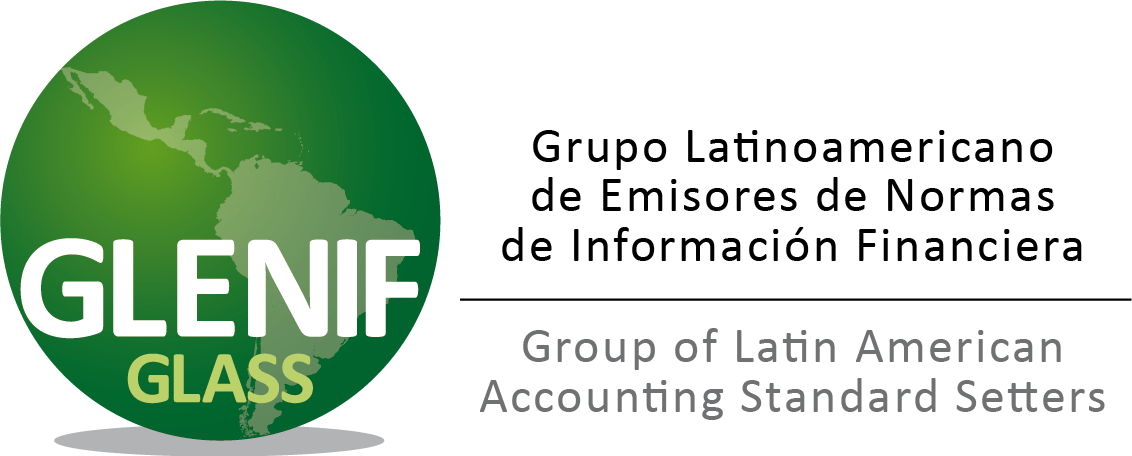By Bianca Sampaio
Glenif Communication
The 3rd Glenif Congress on IFRS in Latin America, which brought together around 160 participants from different countries, had its second day of lectures this Wednesday (22). Transmitted online, with translation into Portuguese, English and Spanish, the event addressed topics relevant to the application of international accounting standards in the Latin American region.
Among the topics discussed were changes to IFRS in force from 2023 and 2024; the main changes in the IFRS reform for SMEs; standards for preparing sustainability reports; the international project on non-profit entities and the challenges for the accounting profession.
Speaker Jorge Gil, from the Glenif Advisory Board, spoke about the agenda of recent standards from the International Accounting Standards Board (Iasb) in 2023, about new standards for disclosing material accounting policies and about the impacts of changes in financial statements.
Speakers Ángel Salazar (Peru) and Norelly Pinto (Venezuela), together with Martín Gonzales (Uruguay), explained the practical effects in applying the third edition of IFRS for SMEs, on the principles of IFRS 15 in section 23 and the modifications to IFRS for SMEs.
The discussion on sustainability included the participation of Arturo Rodriguez (Mexico), manager of Ibero-American Relations at the IFRS Foundation; Laura Accifonte (Argentina), coordinator of the Permanent Sustainability Committee (CPS) at Glenif; and Jeff Hales, from the International Sustainability Standards Board (ISSB). The speakers discussed topics such as sustainability, standards for preparing reports, the role of the accounting professional and the objectives of the ISSB. They also presented the technical aspects of the IFRS S1 and S2 standards, which deal with climate disclosure and general requirements for the disclosure of sustainability information.
Next, William Biese, member of the Mexican Financial Reporting Standardization Council (Cinif, in its Spanish acronym) and speakers Karen Sanderson (England), from the Chartered Institute of Public Finance and Accountancy (CIPFA, in its English acronym), and Tim Boyes-Watson, from Humentum (England), spoke about the international project on non-profit entities, the challenges and opportunities of applying this standard and the future standards of the IFR4NPO project – which included topics such as accounting for subsidies and donations, in-kind exemption services, grant expenses and supplementary information.
David Madon, director of sustainability at the International Federation of Accountants (Ifac), provided clarifications on sustainability reports and the challenges for the profession, the preparation and assurance of these reports, in addition to the main aspects of ISSA 5000.
On the occasion, the president of Ifac, Asmâa Resmouki, explained the functioning of the Ifac system, the ISSB, the International Auditing and Assurance Standards Board (Iaasb, its acronym in English), the Iasb and the need to consolidate the system for disclosing these entities. Asmâa also mentioned Glenif’s work and contribution in creating opportunities and facilitating the understanding and application of IFRS standards in Latin America.
To conclude, the president of Glenif, José Luiz R. de Carvalho, and the vice-president, Jimmy Tarrá, highlighted the participation of the speakers, emphasized how the contribution of each one was enriching and reinforced the relevance of Glenif’s actions and the role entity in the accounting profession.
